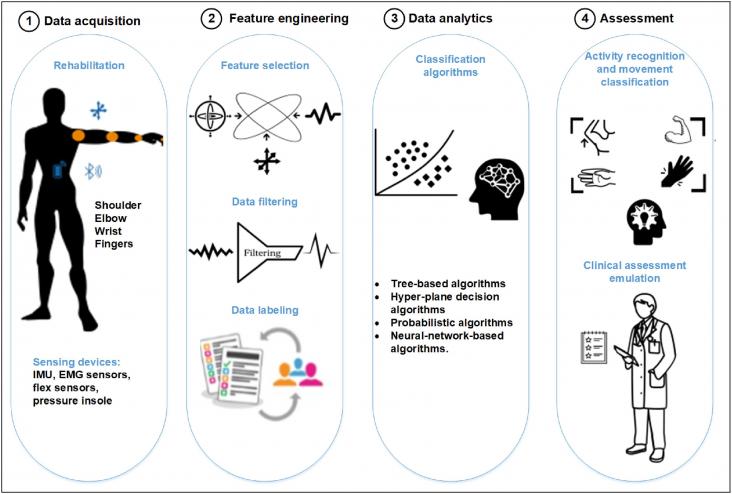
A Comment on the health and wellbeing of Indigenous adolescents, in the contexts of SDGs 3 and 10, highlighting the need to drive global advocacy and evidence-based action in Indigenous adolescent health for the development of strategies to overcome current inequities and to empower Indigenous young people.
Featuring original data, this article examines an elaborate network of gendered patterns in the faculty labor pool for the twenty-two English doctoral programs in Canada.

A cerebrovascular accident or stroke is the second commonest cause of death in the world. If it is not fatal, it can result in paralysis, sensory impairment and significant disability.
Sexual and gender minority (SGM) communities face stigma and discrimination that impact all aspects of health.

We study whether there is a racial bias in ratings of professional football players in Italian newspapers. We find that there is such a bias.
From the more than 700,000 deaths from COVID-19 in the US and the nearly 5 million worldwide, there emerge even more stories than match the statistics when one considers all of the patients' relations
The aim of this profile is to highlight the impact of George Washington Carver’s contributions to modern plant science and to celebrate his achievements as a pioneering interdisciplinary researcher. By discussing his work, in light of recent discoveries in legume symbioses and soil nutrition, the goal is to reveal his foresight and relevance, inspire new generations from diverse backgrounds and contribute to the decolonisation of the curriculum in higher education.
This research paper shows that a widely used tool might generate substantially divergent cardiovascular disease risk estimates for Black versus White individuals with identical risk profiles, which could introduce race-related variations in clinical recommendations for cardiovascular disease prevention.
This study supports SDG 3 and 10 by identifying multiple structural and normalisation biases in maternity care in the UK that disproportionately affected Black and minority ethnic women who died while receiving maternity care, including lack of nuanced care; microaggressions; and cultural, social, and clinical complexities in the care received.

